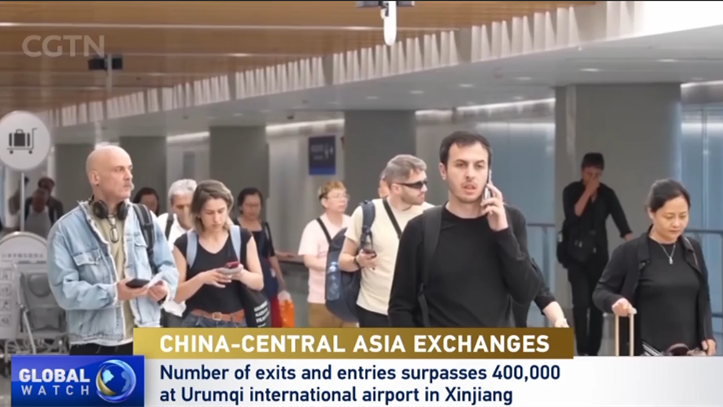.jpg)
Dr. Wei Yunfei, deputy director at the Ili Hospital of Traditional Chinese Medicine, briefs on Jiangsu's medical aid efforts in Ili Kazak Autonomous Prefecture, northwest China's Xinjiang Uygur Autonomous Region, Aug. 17, 2025. (Photo by Zhang Lifeng/Xinhua)
"But what we're building here won't vanish when we leave," he said. "The skills, the systems, the connections -- they'll remain. That's the most meaningful part of this journey."
Two years ago, when Dr. Wei Yunfei boarded a plane from Nanjing, the capital of east China's Jiangsu Province, to the remote Ili Kazak Autonomous Prefecture in the far west, he knew his life was about to change.
That spring, Wei traveled more than halfway across the country, leaving behind his post as branch director at Jiangsu Hospital of Traditional Chinese Medicine to answer a national call for medical aid that took him to Xinjiang Uygur Autonomous Region.
Since 1997, batches of Jiangsu doctors have headed to Ili under a national pairing assistance program, bringing much-needed medical expertise to the region. Arriving as a member of the 11th batch of doctors, Wei took up the post of deputy director at the Ili Hospital of Traditional Chinese Medicine.
"I'd always heard Xinjiang is beautiful, but work kept me too busy to visit. So when the chance to join the program came up, I signed up right away," Wei said. "It also gave me a chance to use my skills to help more people."
At his new workplace, the seasoned urologist quickly recognized how his experience could help the hospital expand access to health care. There, he witnessed the hospital broaden its digital and overseas reach.
SURGEON ON MISSION
The Ili hospital, one of the top-tier institutions of its kind, has long been a lifeline for locals. Generations of residents have turned to it for traditional treatments -- herbal remedies and acupuncture -- to manage chronic pains and illnesses.
Wei called the hospital's traditional medicine practice "a powerful weapon," a reputation that runs deep across the region.
"Traditional Chinese medicine specialists are treated like celebrities here," he said. "When they are giving lectures, people -- from villagers to officials -- crowd around for diagnoses and herbal prescriptions."
But things were different in the surgical wing.
On his first day, Wei found the hospital performing barely 100 urological surgeries a year, nearly all of them open procedures.
"Patients were often sent to bigger cities for surgery -- Urumqi, or even Beijing and Shanghai," he recalled.
Determined to change that, Wei worked closely with his local counterparts, training them for minimally invasive operations -- procedures that make smaller cuts through skin, muscle, tissue and nerves, allowing for faster recovery, less pain, and fewer complications.
Today, thanks to his efforts, his "apprentices" can independently handle many common surgeries, which has raised the hospital's urological surgeries to about 1,000 per year, with 95 percent performed with minimally invasive techniques.
"Now I get fewer opportunities to operate myself," he joked.
"We help build their skills so that they can continue serving the community after we leave," Wei said. "Now, patients no longer have to travel to big cities for these surgeries -- they can get them right at their doorstep."
.jpg)
A doctor at the Ili Hospital of Traditional Chinese Medicine demonstrates the hospital's new telemedicine system in Ili Kazak Autonomous Prefecture, northwest China's Xinjiang Uygur Autonomous Region, Aug. 17, 2025. (Photo by Zhang Lifeng/Xinhua)
DOCTORS AT FINGERTIPS
Wei's daily routine extends far beyond the operating theater.
"Tap 'next,'" Wei said gently, pointing at a smartphone screen as he leaned over a hospital bed, guiding a young Uygur man through the hospital's new telemedicine system.
Drawing on his experience at his former hospital in Jiangsu, where online consultations topped 200,000 in 2024, Wei is now helping bring telemedicine to the vast Xinjiang, to make sure even the most remote patients can see a doctor "as long as they have Internet access."
"After you're discharged the morning after tomorrow, if you feel any discomfort or need a follow-up, just log in to this mini program and we'll see you online. You can send us photos or videos of your wound so we can check how it's healing," Wei told his patient Mamuti, noting that the registration fee is only 4 yuan, about 56 U.S. cents.
"Everything's set up, including logistics," he added. "Once we prescribe the medicine, you pay online and fill in your address, and the medicine will be delivered straight to your home."
He assured Mamuti that with this system in place, any medicine prescribed today will arrive no later than tomorrow.
"In a place as broad as Xinjiang, getting medicine on the same day it's prescribed is a huge convenience," Wei noted.
Propped against his pillow, Mamuti tapped at his phone screen and smiled, "Now with this mini program, I don't have to drag myself all the way to the hospital anymore. It really saves me time and effort."
MEDICINE TIES ON SILK ROAD
Every evening after work, Wei walks home along the Ili River, just a short distance from the hospital.
Snowmelt from the Tianshan Mountains cascades down the ridges, weaving through Xinjiang before flowing into Lake Balkhash in neighboring Kazakhstan.
The longer Wei spends in Ili, the more attuned he becomes to the region's deep historical roots. Once a key stop along the northern route of the ancient Silk Road, the city now serves as a gateway to Central Asia -- drawing not just traders, but also new channels of medical collaboration.
Soon after he joined the Ili hospital, Wei saw an International Medical Department established to serve the growing number of foreign patients, integrating traditional Chinese, Western and Kazakh medical practices.
Offering multilingual services, the hospital has served over 360 foreign patients in the first seven months of this year alone. Patients from Kazakhstan, Iran, Sweden and a dozen other countries have come for treatment, each receiving care tailored to their needs.
"Some come for surgery, some for acupuncture," Wei said. "They know we don't just offer surgery through Western methods -- we also use traditional Chinese medicine to support recovery afterward."
Partnerships are also expanding. Last summer, the hospital signed a framework agreement with Kazakhstan's National Scientific Medical Center to deepen collaboration in knowledge sharing, professional training and the integrated development of traditional and modern medicines.
A medicinal herb specimen museum opened around the same time, displaying nearly 400 traditional remedies and welcoming around 60 foreign visitors each day.
"We're taking Chinese medicine global -- through clinics and exchanges with countries like Kazakhstan," Wei said. "And through medicinal herbs and traditional medical texts, our museum shares the culture of Chinese medicine with the world and strengthens cultural ties along the Belt and Road."
Amid all these changes, Wei felt there was still more he could contribute. He volunteered to stay another year and a half after his initial 18-month term ended.
"My work here isn't finished. There's still so much I can do," he said. "And the people here still need me. That's why I chose to stay."
"But what we're building here won't vanish when we leave," he added. "The skills, the systems, the connections -- they'll remain. That's the most meaningful part of this journey."

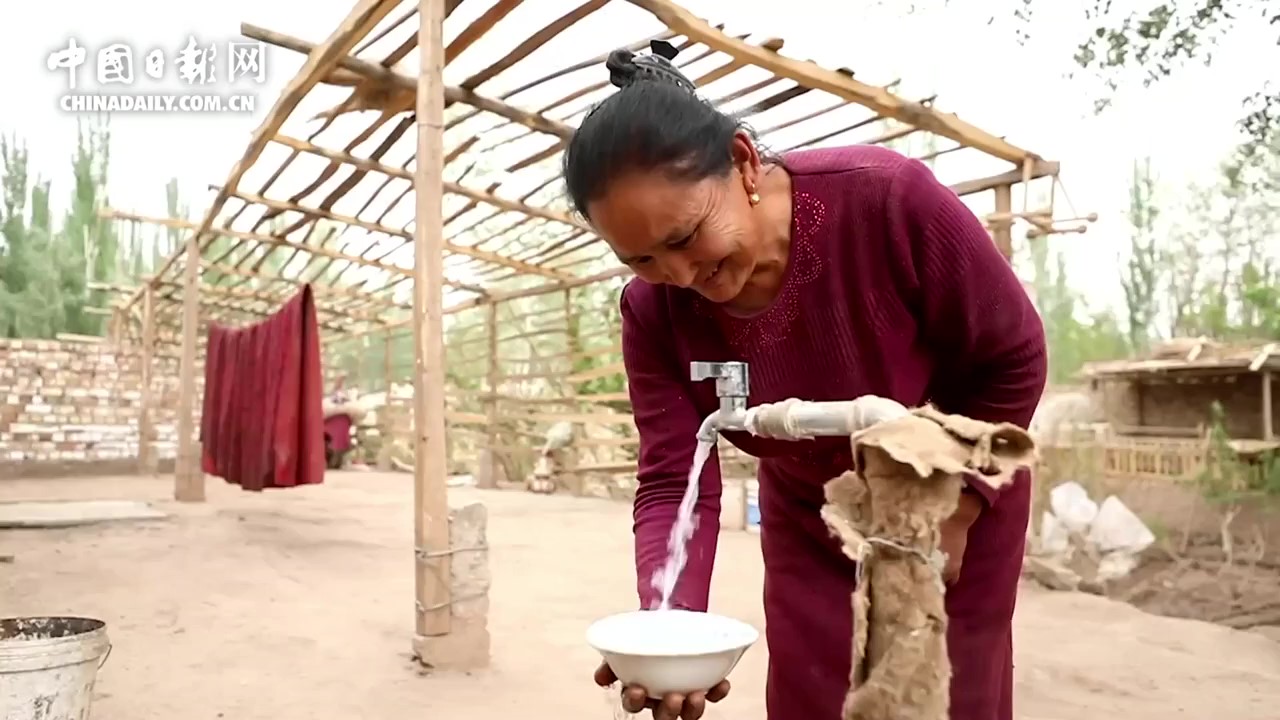

.jpg)

.png)
.png)

.jpg)
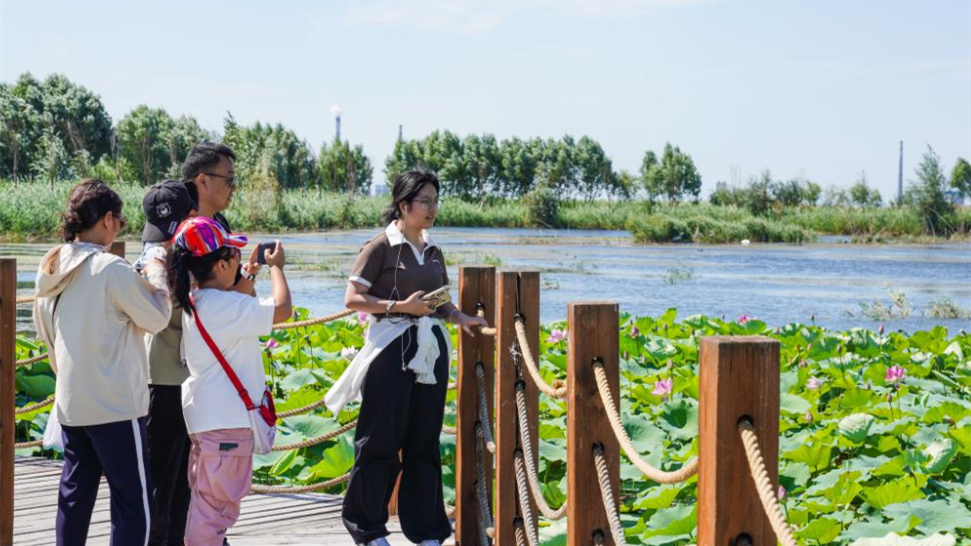
.jpg)
.png)
.jpg)
.jpg)
.jpg)
.png)

.png)
.jpg)
.jpg)
.png)
.jpg)
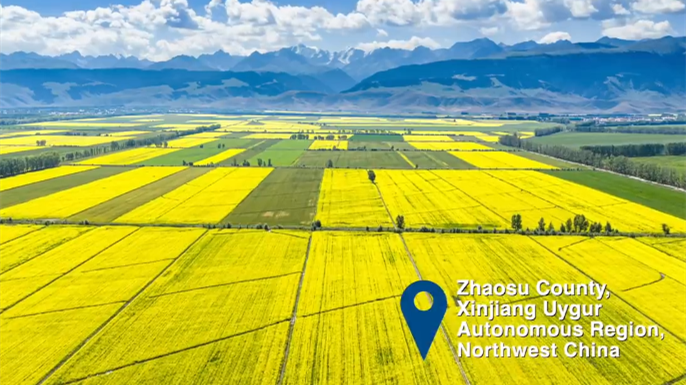
.jpg)
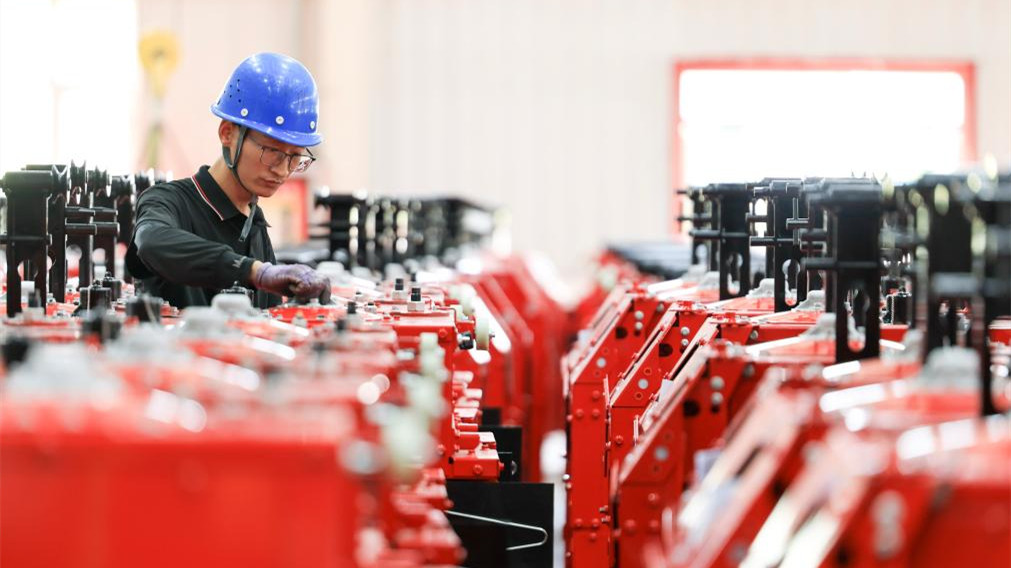
.png)
.jpg)
.png)
.png)
.jpg)
.png)
.png)
.jpg)

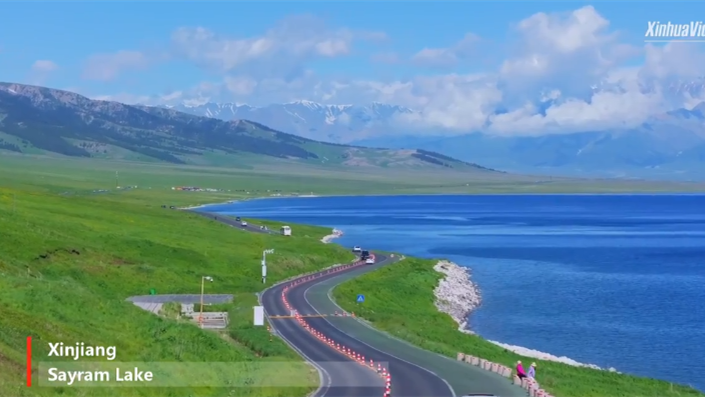
.png)

.png)
.png)
.png)
.png)
.png)
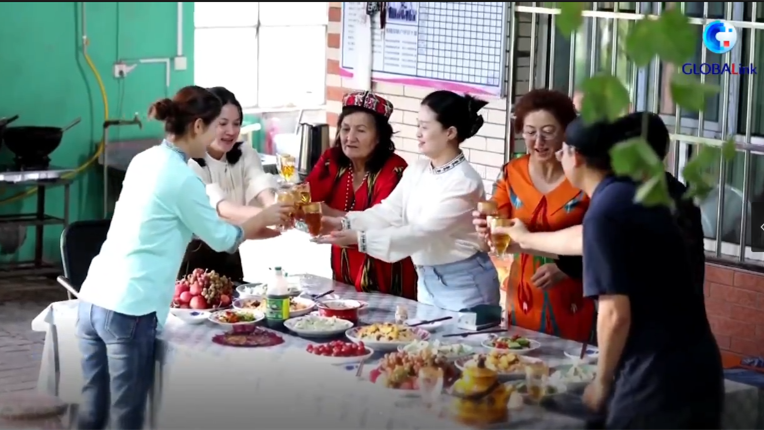
.png)

.png)
